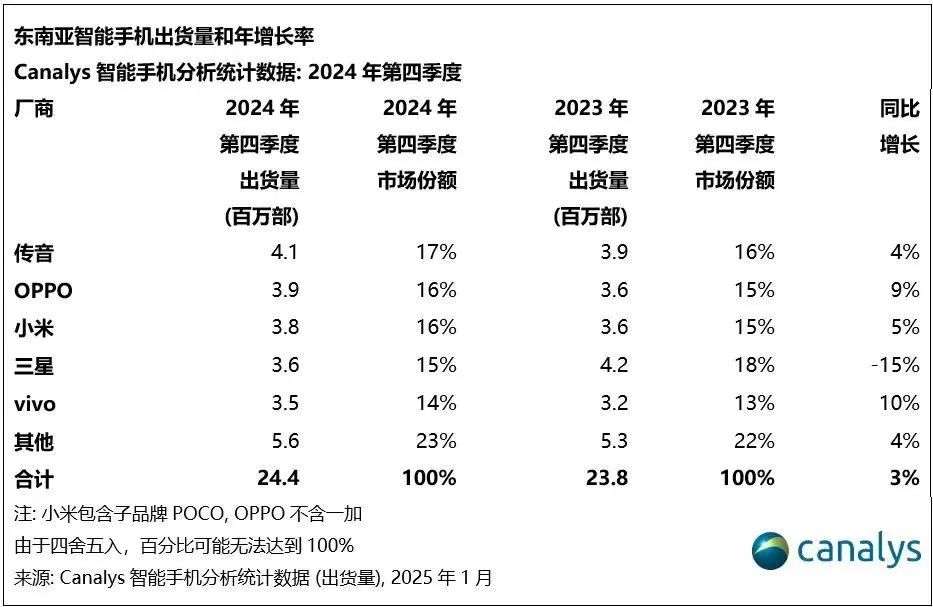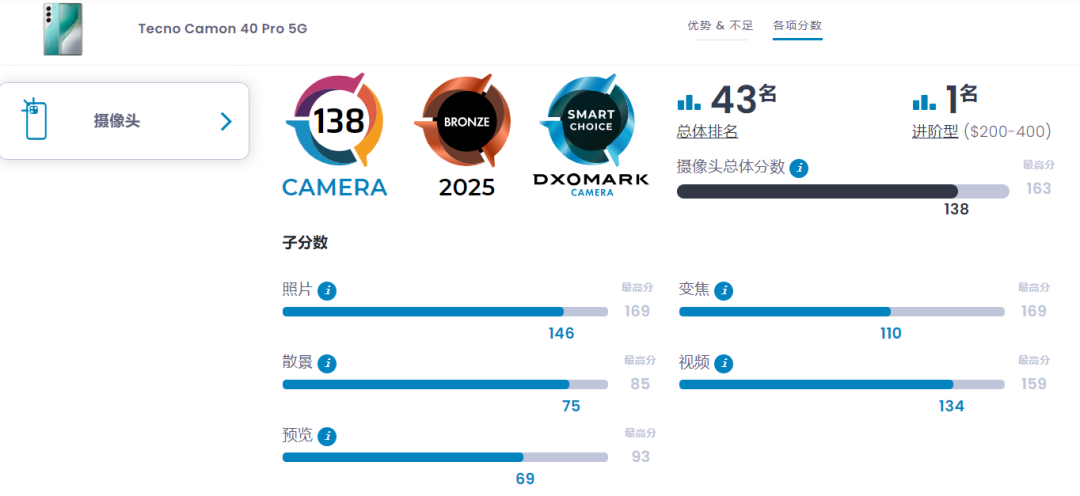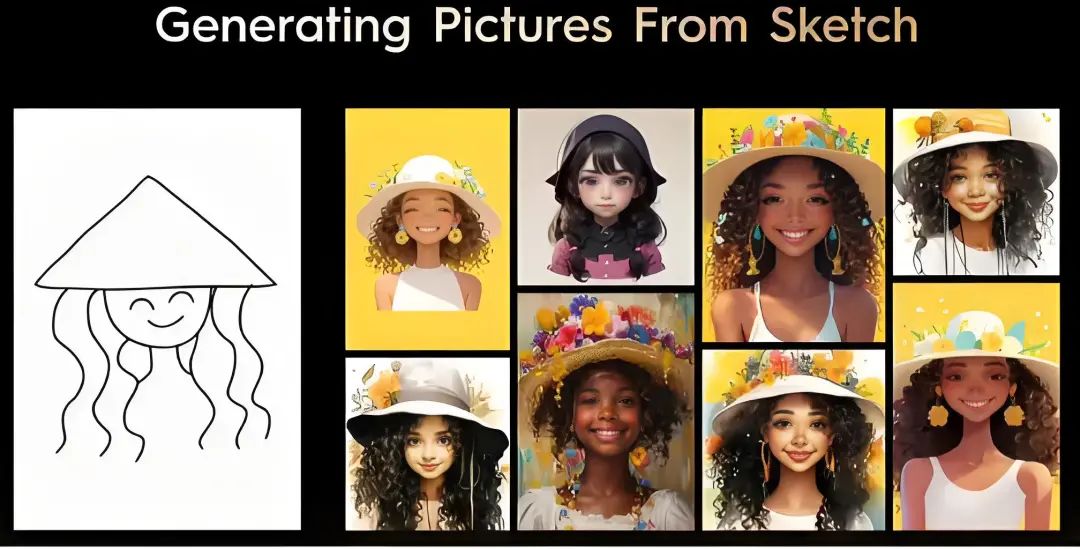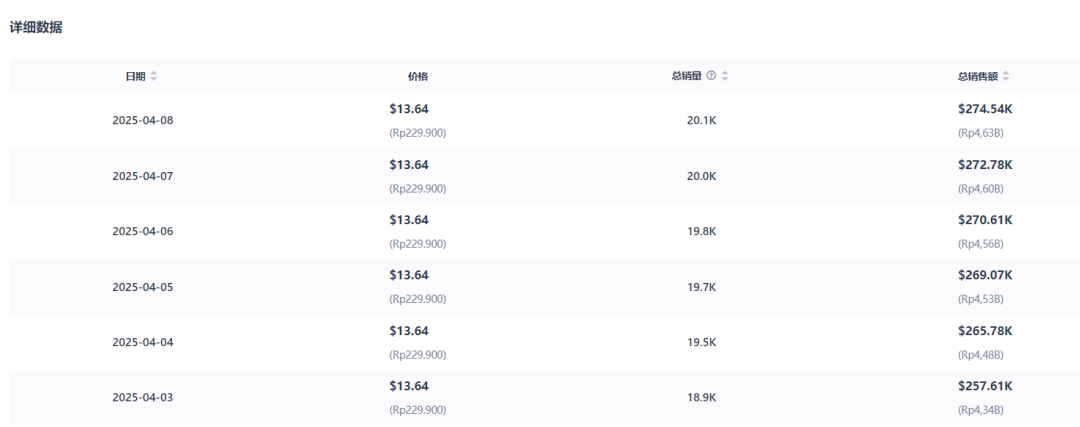How did it carve out a trillion-dollar business empire outside the US market?
![]() 04/17 2025
04/17 2025
![]() 473
473

Author | Tang Fei
Editor | Li Xiaotian
The Trump administration, accustomed to frequently changing policies, has once again introduced a new tariff policy.
On the afternoon of April 9, US Eastern Time, Trump announced that he would temporarily suspend the implementation of differentiated high tariffs on one-third of US trading partners. In the next 90 days, all US trading partners, except China, will only face the same baseline tariff of 10%. However, Trump quickly changed his tone and specifically emphasized that tariffs on China would be further increased to 125%. The Sino-US trade war continues to escalate.
As the world's largest consumer market, the United States has long occupied a pivotal position in the international trade landscape and has always been an important export destination for Chinese goods. But now, the Trump administration, which holds high the banner of "Making America Great Again," naively and crudely believes that Chinese manufacturing and exports are the root causes of industrial hollowing and economic decline in the United States. "For decades, unbalanced 'free' trade has been Washington's preferred option, and we have accumulated trillions of dollars in trade deficits, intensifying economic inequality in our country, and millions of ordinary Americans have paid the price," said Robert Lighthizer, the US Trade Representative during Trump's first term, in his new book "No Trade is Free."
The tariff stick wielded by the Trump administration is disturbing the global economic and trade landscape and disrupting the previously familiar course for those venturing overseas. Finding the next relatively stable overseas market has become an urgent concern for all those going abroad. As Tu Xinquan, Dean of the Institute of World Trade Organization Studies at the University of International Business and Economics, said, "The good places for Chinese enterprises to invest should mainly be developing countries, including some relatively backward countries within developed regions, such as Central and Eastern Europe, including Hungary, the Czech Republic, and Poland. Because China's current industrial transfer is mainly manufacturing, and these countries have relatively good conditions for developing manufacturing."
Among Chinese brands going overseas, there is a legendary brand that started in emerging markets but eventually grew into a mysterious unicorn - Transsion. In 2006, Transsion was founded in Hong Kong. At that time, global mobile phone industry giants were abundant, and competition in the mainstream market was almost white-hot. Instead of following the crowd, Transsion chose a different path and turned its attention to the African continent, which was ignored by many brands, thereby embarking on a journey to blaze a trail through developing countries around the world.
From being the "King of Africa" to topping Southeast Asia, from entering India to exploring Latin America. Transsion's development path vividly illustrates for Chinese overseas practitioners that even by avoiding the US market, extraordinary success can still be achieved in overseas markets.

The "Southeast Asia Smartphone Shipments Ranking in 2024" released by market research firm Canalys shows that in the fourth quarter of 2024, Transsion (with its three major mobile phone brands TECNO, itel, and Infinix) topped the Southeast Asian market with shipments of 4.1 million units. Throughout 2024, Transsion's sales in Southeast Asia exceeded 15.6 million units, ranking third behind OPPO and Samsung.

If you spread out Transsion's globalization map, you will find a clear path: In its early days, it almost avoided all high-end market regions and instead, like a shrewd "merchant," picked the "low-hanging fruit" - emerging markets with a large population base, low smartphone penetration, and a decentralized competitive landscape.
For example, facing the problem of multiple operators and high phone bills in Africa, Transsion launched dual-SIM, triple-SIM, and even quad-SIM phones, allowing African users to switch freely between operators without restrictions.
"It is these seemingly insignificant issues that Transsion takes seriously and has successfully won over users," said Arif, Vice President of Shenzhen Transsion Holdings Co., Ltd.
Canalys data shows that in 2024, Transsion sold 37.9 million mobile phones in Africa, a year-on-year increase of 10%, with a market share of 51%, far ahead of Samsung, which ranked second with 19%.
After achieving great success in Africa, Transsion also wanted to replicate its success in more regions.
Public information shows that in 2015, Transsion decided to delve into Southeast Asia and South Asia. In January 2015, the first stop for Transsion's entry into Southeast Asia was Indonesia. This country, which had a population of 260 million at that time, had a smartphone penetration rate of less than 40%, and the rural market was ignored by international brands.

Transsion's advertisement in Jakarta Metro Station
At the beginning of entering the market, Transsion chose the simplest and most effective method - using the "capillaries" of offline channels to penetrate every corner.
In the villages of Java Island, Indonesia, Transsion cooperated with local small dealers to bring mobile phones into street hardware stores, grocery stores, and even motorcycle repair shops. These seemingly insignificant outlets are the main entry points for rural residents to access smartphones. To strengthen brand recognition, Transsion even replicated the "basic operation" in Africa - on the walls beside roads, advertisements were painted in Indonesian: "TECNO, the most beautiful phone for taking pictures!"
This "down-to-earth" tactic quickly paid off. By 2020, Transsion's mobile phone sales in Indonesia reached the 1 million unit level, and then entered a period of rapid growth, increasing to 1.4 million units by the end of 2023, with a market share of 15.6%.
At the same time, from 2016 to 2017, Transsion successively entered India, Bangladesh, Nepal, and other countries; in 2020, it expanded to Pakistan, forming a linked layout between South Asia and Southeast Asia.
Taking the Indian market as an example, as early as 2016-2017, Transsion established manufacturing facilities in Noida, India, and hired local teams to operate them. About 70% of the mobile phones sold by Transsion in India are produced in Noida factories, while the rest are handled by Dixon Technologies and BPL.
In 2023, Transsion suddenly accelerated its expansion in India, launching 17 TECNO mobile phones in the first eight months alone. It was also in this year that Transsion's market share in the Indian market grew to 8.6%, and its profits doubled locally to reach $25 million.
According to TECNO executives, Transsion doubled its marketing budget in India in 2023. It also hired Deepika Padukone, winner of the Best Actress Award at the Filmfare Awards, and Hrithik Roshan, a top Indian film star, as brand ambassadors for TECNO and itel, respectively.

TECNO SPARK20 endorsed by Deepika Padukone
The cleverness of Transsion lies in not choosing to compete head-on with Samsung and Apple in the high-end market but instead targeting ordinary consumers in places like Indonesia and India, using a pricing strategy to "encircle the city."
In Southeast Asia, it targets the price range of $50-200 - a typical budget for young people's first smartphone. In Vietnam, Transsion even launched a 4G mobile phone priced at $79, equipped with a large-capacity battery and dual-SIM dual-standby functionality, specifically to meet the needs of migrant workers and students; in the Philippines, it cooperated with local telecom operators to launch a "phone bundled with recharge" package, allowing users to take away a basic model for only $30; targeting the characteristics of local young people in Indonesia who love to play games, it specifically launched the TECNO POVA 5 Pro, a phone designed for gaming and entertainment, priced at only IDR 2,949,000 (approximately RMB 1,300).
Zhan Junhao, a well-known strategic positioning expert and founder of Fujian Huace Brand Positioning Consulting, said that there are several main reasons why Transsion chose to expand into South Asia and Southeast Asia markets.
First, South Asia and Southeast Asia have a large population and significant market demand, providing a vast market space for Transsion. Second, the economies in these regions are developing rapidly, and people's consumption levels are gradually increasing, leading to increasing demand for electronic products such as mobile phones. In addition, Transsion's successful experience in the African market also provides useful reference for its expansion into South Asia and Southeast Asia markets. Finally, Transsion has conducted in-depth market research in these regions, understanding the needs and preferences of local consumers, enabling it to launch products and services that better meet local market demands.

If channels are the skeleton of Transsion, then product localization is its soul.
For example, when entering the African market, Transsion deeply customized camera devices for consumers with deep skin tones based on local demand in Africa. With years of accumulation in deep skin tone imaging technology, Transsion has a profound insight and understanding of the African market and user groups. It identifies and learns from massive 3D image data of African users, eventually establishing the industry's first image database with hundreds of millions of deep skin tone images, and developing core technologies such as deep skin tone face detection and recognition, and deep skin tone portrait segmentation.
In 2023, Transsion joined forces with the University of Leeds in the UK to advance global skin tone and color research, officially launching the TECNO Universal Tone revolutionary full-skin-tone imaging technology, and creating an authoritative industry-wide full-skin-tone image color chart and full-skin-tone spectral database, establishing new standards for full-skin-tone portrait technology and full-skin-tone color science.
Similarly, Southeast Asian consumers cannot resist the attraction of "beauty cameras."
In Indonesia, Transsion's product managers discovered a phenomenon: local girls always adjust the beauty filter to the highest level when taking pictures, until their skin tone becomes almost pale. Behind this is the long-standing admiration for "fair skin" among local women. Transsion immediately acted, upgraded the algorithm, and developed a "special Indonesian version" beauty mode.
When it comes to Thailand, the strategy changes again. Thai consumers prefer a natural bare-faced look and favor natural makeup, so Transsion adjusted the algorithm to present a healthy honey-colored skin tone and enhance the refreshing feel of eye makeup.
On the professional camera review website DXOMARK, the TECNO Camon 40 Pro 5G version ranked first in the ranking of advanced mobile phones (price range of $200-400). The website praised it for its "excellent photo performance comparable to many high-end models, especially in terms of exposure balance, detail restoration, and noise control."
This is not just a victory of technological iteration but also a victory of insight into local culture.

TECNO Camon 40 Pro 5G camera function review page
Targeting the large number of young consumers in emerging markets, Transsion also actively caters to young people's consumption habits. In Africa, Transsion has partnered with Google, Facebook, NetEase, Tencent, and other domestic and foreign companies in the fields of music, games, short videos, content aggregation, and other applications to create multiple independent apps with monthly active users exceeding 10 million, including Boomplay, Scooper, and Phoenix. Among them, Boomplay, a music streaming platform, has over 43 million active users and 2 billion monthly song plays, making it the largest music streaming platform in Africa.
In Southeast Asia, where people under 30 account for more than 60% of the population (data from 2023), Transsion continued this approach. Canalys pointed out that Generation Z accounts for more than 40% of mobile phone users in Southeast Asia, and entertainment features are the core consideration for purchasing phones.
In Southeast Asia, Transsion mobile phones come pre-installed with music app JOOX, short video app LIKEE, etc., and even the default ringtone for Philippine users is a custom single by a local singer.
In Vietnam, Transsion, in collaboration with Tencent, launched the gaming flagship model Infinix GT20 Pro, one of the world's first models to support 120 frames per second for Tencent's mobile game "PUBG MOBILE." This phone is equipped with a cooling back clip and virtual touch buttons and is priced at only $249, almost half the price of similar products. At the same time, Infinix signed contracts with local gaming clubs to conduct campus alliance mobile game tournaments, establishing connections with a large number of gaming enthusiasts through this form.

Transsion mobile phones support generating images from simple sketches
Even more amazing is Transsion's "social fission" gameplay. In the Philippines, users can take any photo with a Transsion mobile phone, and the built-in AI will convert it into a stick figure avatar; conversely, the AI can also complete users' stick figures into a work of art. Three months after this feature was launched, related topics had over 200 million views on TikTok.
For young people, buying a mobile phone is no longer just about a bunch of parameters but about a kind of "social currency."

In addition to the demand for affordable mobile phones, Transsion Holdings has also captured the demand for high-end upgrades of smartphones.
In 2024, Infinix, a sub-brand of Transsion Holdings, launched a foldable smartphone priced at $699. This price is less than half that of Samsung's Z Fold series, but it uses self-developed hinge technology. In Malaysia, Transsion Holdings collaborated with the e-commerce platform Lazada for a limited pre-sale, and 5,000 units were sold out within 5 minutes.
At the Mobile World Congress (MWC) in 2025, Transsion Holdings made a bigger splash by showcasing its vertically tri-foldable, color-changing, solar-powered, and thinnest smartphones in the world, making quite an impression.
Transsion Holdings' ambitions extend beyond mobile phones. In Africa, it has quietly laid out an even larger network—an ecological closed loop of "mobile phones + accessories + home appliances" that keeps users hooked. Netizens have jokingly referred to it as "once you go Transsion, there's no turning back."
As early as 2014, Transsion Holdings established the digital accessory brand Oraimo and gradually infiltrated the accessory business through its three major mobile phone brands: TECNO, itel, and Infinix. It leveraged its extensive mobile phone channel network, brand influence, and high market share of smartphones to drive the penetration of the accessory business, enhancing its brand moat.
According to Canalys, in Q4 2023, Transsion Holdings led the African TWS market, with both market share and growth rate significantly ahead of other vendors.
Subsequently, TECNO, itel, and Infinix successively launched home appliances and energy storage products, creating a multi-brand, tiered product matrix similar to mobile phones to cover different consumer groups. They also established the home appliance brand Syinix, with product categories including smart TVs, air conditioners, refrigerators, freezers, washing machines, microwaves, etc., with business operations spanning over 20 countries in Africa.
Now, this "complete set" has also been brought to Southeast Asia. On e-commerce platforms in Jakarta, Oraimo wireless earphones priced at $18 have consistently dominated the sales charts. On Indonesia's TikTok Shop, Oraimo Watch 5 Lite smartwatches, priced at $13.64, sold 1,200 units in just 6 days (April 3-8). Oraimo's FreePods 4, launched in India at a price of 1,999 rupees (approximately 172 yuan), sparked a buying frenzy upon its release.

Oraimo Watch 5 Lite Smartwatch Sales Data
Image Source: Chaodian Youshu
To reassure consumers, Transsion Holdings has also established its own after-sales service system and created the after-sales service brand Carlcare. Wherever its products are sold, after-sales service outlets are established there simultaneously. Currently, Carlcare has over 2,000 service touchpoints (including third-party cooperative service outlets) globally and is one of the major multi-category after-sales service solution providers in emerging markets.
While expanding its business, Transsion Holdings has also actively promoted local industrial development by investing in and building factories. The Transsion Holdings ISMARTU factory in Bangladesh officially commenced production in May 2023 with a total investment of approximately 140 million yuan (about 22 million dollars) in the first phase. The factory covers an area of over 22,000 square meters and has a monthly production capacity of 400,000 smartphones and 600,000 feature phones to meet the growing demand for intelligent terminal devices among local consumers.
From low-end to high-end, from accessories to home appliances, from sales to production, Transsion Holdings has comprehensively penetrated the Southeast Asian market with its "complete set."

The story of Transsion Holdings is a typical "innovation history of marginal markets."
It proves two things: First, emerging markets are not "dumping grounds for low-end products." Southeast Asian users also crave high-quality products; the key is to understand their cultural codes. When Transsion Holdings optimized its beauty algorithms for Southeast Asian girls, it was essentially respecting a kind of aesthetic sovereignty.
Second, globalization requires "long-termism." From entering Indonesia in 2015 to topping the market in 2024, Transsion Holdings spent nearly a decade deeply cultivating channels and fine-tuning its supply chain. This patience is particularly scarce among Chinese companies that seek quick success in going overseas.
Of course, Transsion Holdings' future is still full of uncertainties. But at least, it has shown the way for latecomers: in the corners ignored by giants, opportunities for change always lurk.







